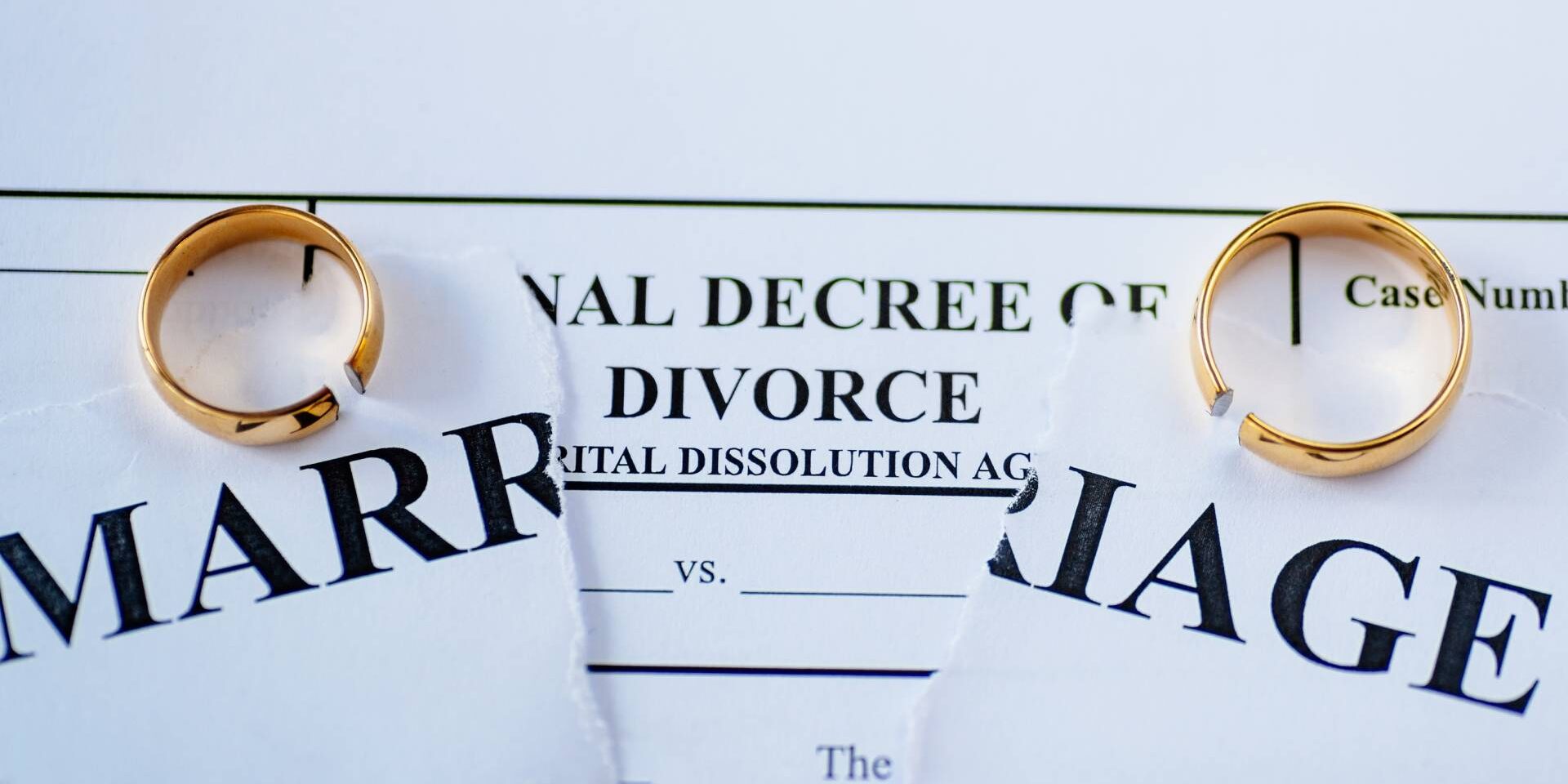Annulments are a relatively rare way to end a marriage. While many people are familiar with how divorce or legal separation works, people who get an annulment are often confused about what their rights are after their marriage is over.
In many ways, annulments are similar to a divorce. However, a divorce recognizes that a marriage existed at one time. After an annulment, it is legally as if the marriage never happened. That is why Washington State refers to annulments as “declarations of invalidity.”
In order to receive an annulment, the marriage must have been invalid under one of seven categories:
• Age—one or more parties were too young to legally marry at the time of the marriage,
• Bigamy—one or more parties was already married at the time of the marriage,
• Incest—the spouses are closely related to each other,
• Incompetence—one of the spouses was mentally unable to consent to the marriage at the time it took place,
• Duress—one spouse was forced or coerced into marrying,
• Fraud—one spouse defrauded the other about something that was essential to the marriage, or,
• Force—a spouse only married because of threats of physical violence.
If the marriage was invalid due to one of these conditions, then the judge may grant an annulment.
The court that declares a marriage invalid still has the power to make the same type of orders that would be issued in a divorce. For example, the judge can determine child support, create a parenting plan, or divide property. In most cases, however, a judge will not award spousal support.
If any children are born to an annulled marriage, those children are still considered legitimate. The children would have the right to financial support from their parents and can inherit from them under the rules of intestate succession.
An annulment returns both spouses to their status prior to the marriage. In some instances, this can affect property rights. While couples getting a divorce will generally split their joint assets and debts evenly, an annulment can affect this split. Because the marriage did not legally exist, it may be more difficult for either spouse to claim property that legally belongs to the other. However, since most annulments happen after very short marriages, property issues are often minimal.
Choosing to seek an annulment is often a time-sensitive matter. If the marriage was void at the start but survives for years afterwards, a court may no longer be willing to annul the marriage. For instance, suppose a woman lies about her age and gets married illegally at age 16. While she would have the option to get an annulment shortly after her marriage, she could not remain married for 30 years and then decide to void her marriage. In that situation, a judge would probably require the couple to get a divorce rather than an annulment.
At Pacific Northwest Family Law, our attorneys understand the requirements to annul a marriage and can fully explain your options and rights after an annulment. If you are considering an annulment or divorce, schedule an initial case evaluation with our office by calling 877-738-0777.




